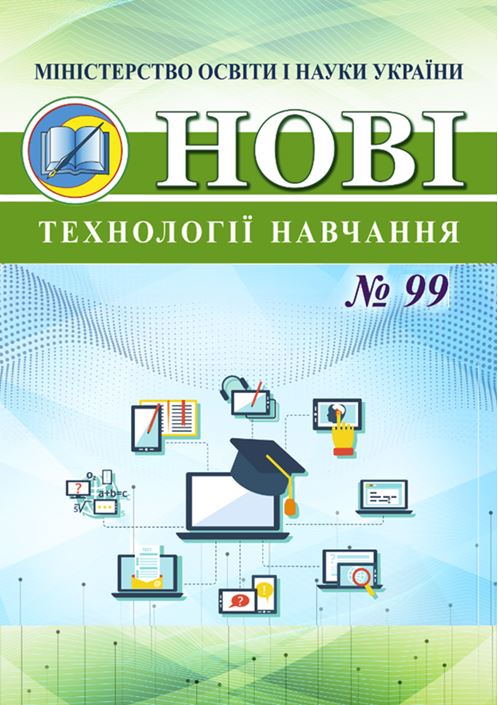Formation of lexicographic competence of future agrarians in the classes of business ukrainian: applied aspect
DOI:
https://doi.org/10.52256/2710-3560.2025.99.10Keywords:
lexicographic competence, educational lexicography, terminological dictionaries, methodological system, traditional and innovative teaching methods, passive and interactive learning modelAbstract
The article is devoted to the topical issue of forming lexicographic competence of future specialists in the agrarian sphere of the Ukrainian economy in the course of studying the discipline «Business Ukrainian». Based on the research in linguistics and linguodidactics, the author draws attention to the definitions of such concepts as «lexicographic competence», «trends in modern lexicography», and also characterises the main trends in modern dictionaries caused by the development of new information technologies. It is noted that the leading means of forming systematic lexicographic knowledge and relevant skills of students are sectoral and inter-sectoral terminological dictionaries for agronomists and agro-engineers. Examples of dictionaries authored by linguists and leading experts are given.
The purpose of the article is to describe the methodology of forming lexicographic competence of future bachelors of agriculture, its corresponding tasks are to determine the approximate amount of theoretical knowledge in lexicography, to outline the optimal traditional and innovative methods of classroom and independent work with dictionaries. Within the framework of the Business Ukrainian course modules, a list of topics that involve the study of lexicographic material is proposed. Guided by the principles of continuity and perspective, the author advises to rely on the knowledge of dictionaries previously acquired by first-year students, the relevant skills and abilities to work with lexicographic sources, as well as to use interdisciplinary connections.
The article emphasises the combination of traditional and innovative methods and techniques of teaching, control and self-control of students’ lexicographic skills. Examples of tasks that illustrate a differentiated approach to students and are effective in the learning process are given. The results of the conducted monitoring show the positive dynamics of lexicographic competence formation after the implementation of the author’s methodology. In conclusion, the article outlines the prospects for researching this issue.
Downloads
Published
How to Cite
Issue
Section
License
Copyright (c) 2025 Катерина Климова

This work is licensed under a Creative Commons Attribution-NonCommercial-ShareAlike 4.0 International License.
Із зазначенням авторства - Некомерційна - Розповсюдження на тих самих умовах 4.0 (CC Attribution-NonCommercial-ShareAlike 4.0)







